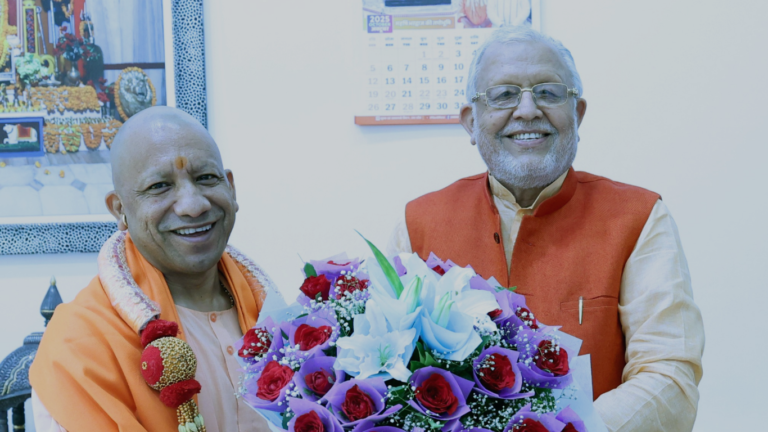
Lucknow, September 2, 2025 – Nurses at King George’s Medical University (KGMU) in Lucknow are facing a fresh set of rules that aim to boost patient care but have stirred up some talk and opposition among staff. The university has rolled out its first-ever nursing manual, which puts a stop to things like nail polish, heavy jewelry, and too much makeup while on shift. This move, which kicked in last week, marks KGMU as the pioneer in India for such a detailed guide on nursing conduct.
The manual, put together after chats with senior nursing leaders, lays out clear dos and don’ts to keep things professional and safe. For starters, nurses can’t wear nail polish because it might hide dirt or germs that could spread infections to patients. Heavy jewelry is out too, as it could get in the way during hands-on care or even cause scratches. The rules also call for keeping makeup light and hair tied back neatly. These steps are meant to make sure nurses look and act in a way that puts patient health first.
Dr. KK Singh, who handles media for KGMU, explained that the guidelines came from real feedback. “We talked to our top nurses and looked at best practices from around the world,” he said. “It’s all about cutting down risks in busy wards like emergency and ICU, where every little thing counts.” The university plans to hang up boards in every ward spelling out these rules, so everyone knows what’s expected. This isn’t just about looks – the manual also covers bigger stuff like shift duties, how to handle complaints, and ways to improve teamwork with doctors.
But not everyone’s on board. Some nurses feel the rules go too far, especially since most are women who see nail polish or simple earrings as part of their daily style. One nurse, who didn’t want her name shared, told us, “We work long hours under stress, and these small things help us feel good. Why single us out when doctors don’t have the same limits?” The KGMU Nurses Association hasn’t made a big fuss yet, but whispers in the halls suggest they might push back if it affects morale. Last year, the group spoke up about shift rosters, showing they’re not shy about standing up for fair treatment.
On the flip side, patients and families seem to like the idea. Ramesh Kumar, whose wife is getting treated in the oncology ward, said, “If it means cleaner hands and less chance of bugs spreading, I’m all for it. Nurses are heroes, but safety comes first.” Health experts outside KGMU agree, pointing out that similar rules exist in places like the US and UK to fight hospital infections, which kill thousands every year.
This isn’t KGMU’s first big change in nursing. Earlier this year, they hired over 700 new nursing officers to beef up staff, tackling shortages that had been a headache for years. Now, with this manual, the university hopes to set a standard for other hospitals in Uttar Pradesh and beyond. If it works, it could lead to better care across the board, but only if nurses feel supported rather than restricted.
As KGMU keeps growing – with plans for a new paramedical college in the works – these rules show how the place is trying to mix old-school care with modern standards. Time will tell if this sparks a wider shift in India’s hospitals or just stays a local story. For now, nurses are adjusting, one shift at a time.



